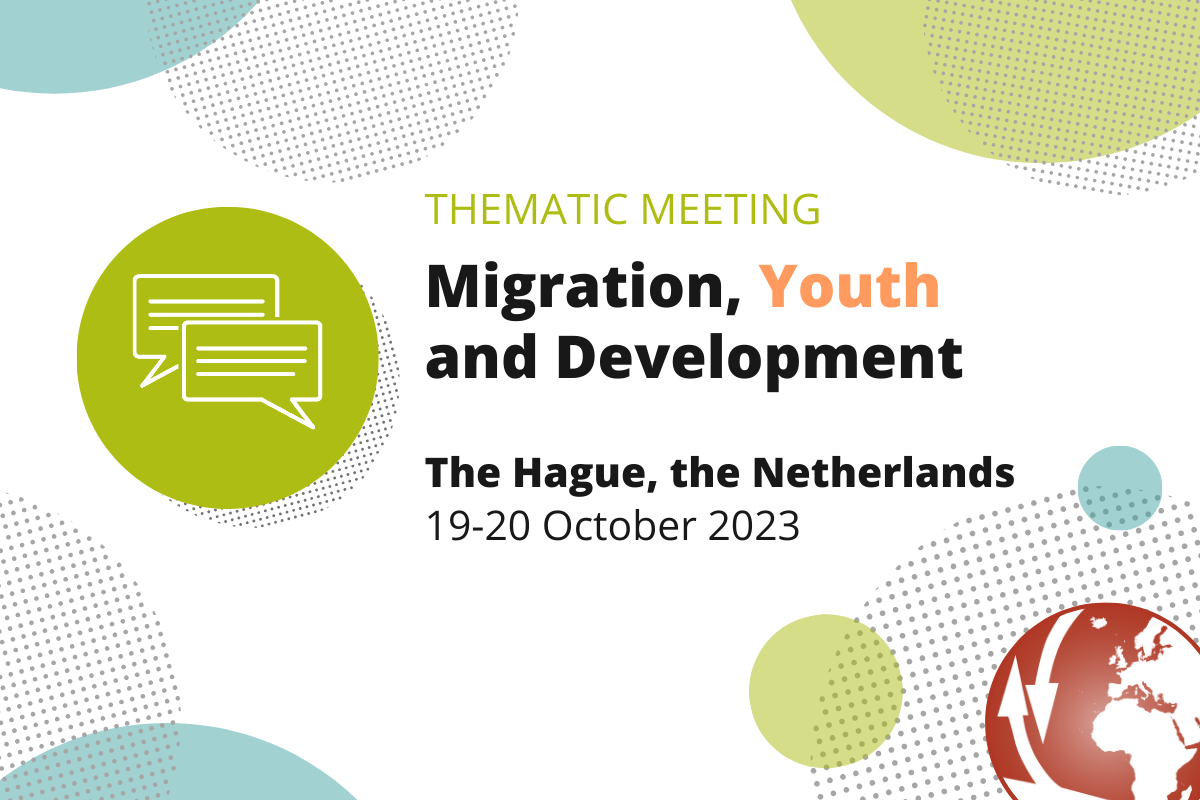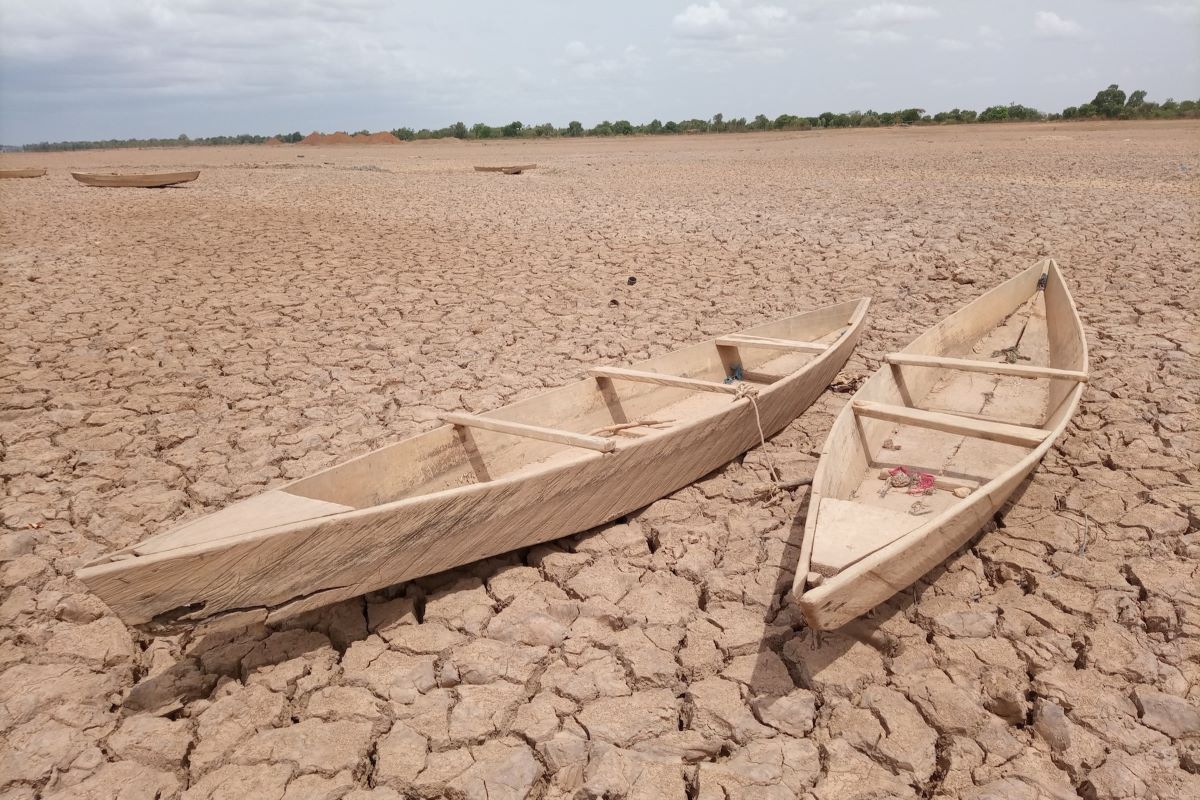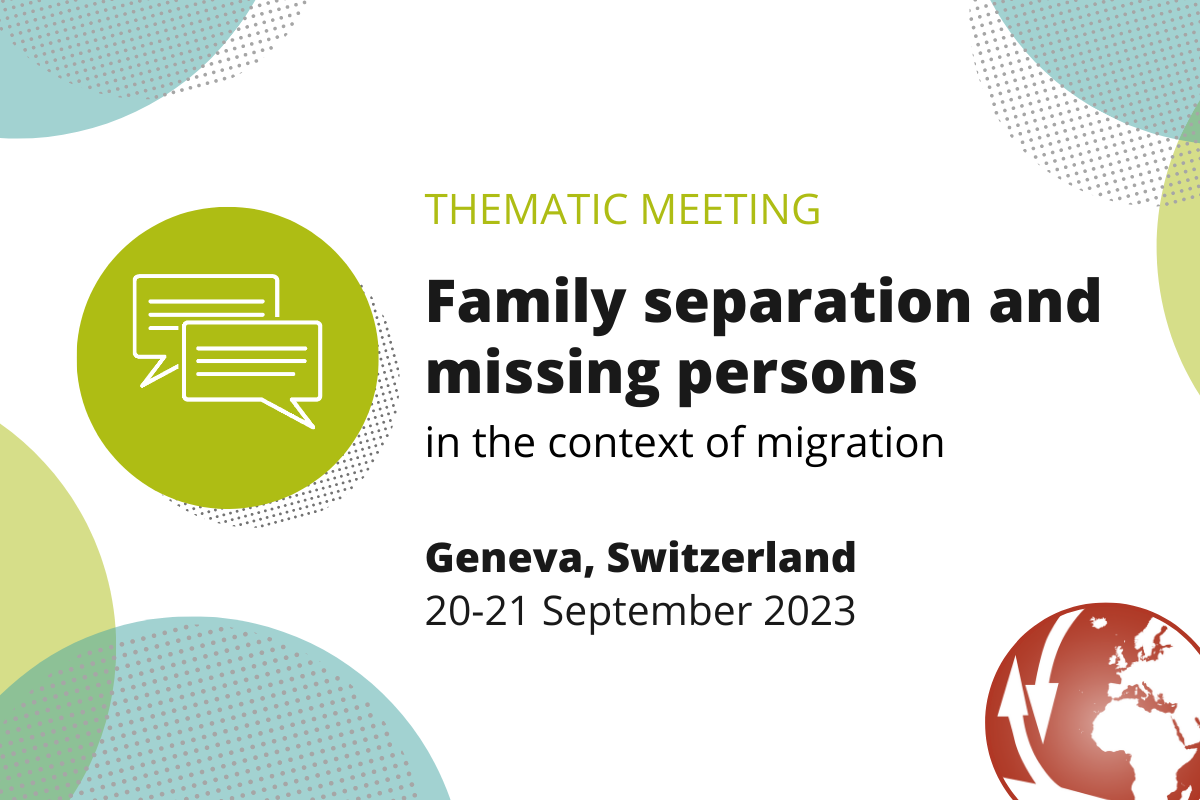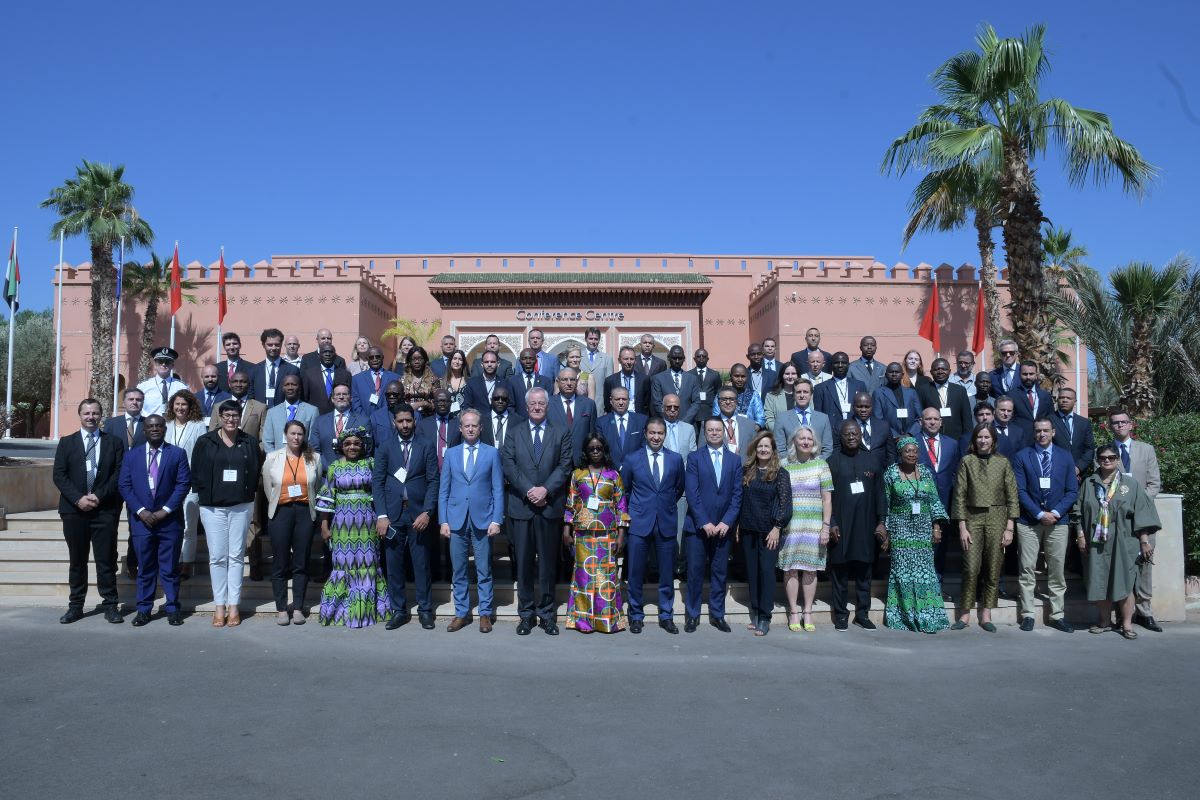On 19-20 October, the Rabat Process Thematic Meeting on Migration, Youth and Development will bring together around 100 participants from African and European countries for a multi-stakeholder meeting in The Hague, also giving youth organisations and representatives a seat at the table.
The meeting will be co-chaired by the Netherlands and Nigeria, two countries that recently joined the Rabat Process Steering Committee. The meeting will be open to representatives of Rabat Process and Khartoum Process partner countries, international organisations, civil society and youth organisations and representatives. The aim of the meeting is to provide a diverse multi-stakeholder platform that is inclusive of youth, in order to engage dialogue to better understand current challenges, best practices and emerging trends. Lessons learned from the debates will be translated into actionable recommendations.
Youth migration: seeking work and opportunities to create a bright future
The share of young people in many regions of the world is growing rapidly. These young people will be seeking work and other opportunities to create a bright future for themselves. While migration can lead to new opportunities and enrich both the migrant and the host country as well as the country of origin, many young individuals also risk their lives on dangerous routes, often through migrant smugglers or human traffickers. It is important to raise awareness of these risks and to educate youth on ways to travel safely. This includes information sharing on safe legal pathways. The only way to have this conversation is to engage with the youth themselves.
The Nigerian context serves as an interesting example: Nigeria is an important country of origin, transit and destination for young migrants and has one of the highest population growth rates worldwide. According to the World Bank, Nigeria’s population could double within the next 25 to 30 years. Young Nigerians leave their country in increasing numbers in search of a better life. This highlights a growing trend of skilled workers and University graduates moving to search for better education, jobs and opportunities across the globe with an emphasis on moving to North America and Europe.
Empowering youth and examining migration through a youth-centric lens
The meeting is based on the conviction that youth can be a positive force for development if they are empowered with the right knowledge and opportunities and have a central and interactive seat at the table. Discussions will focus on ways to better empower, educate and employ youth – as well as take steps towards more meaningful youth representation and participation. The meeting will also be an opportunity to examine frameworks and processes from a youth-centric and development lens. The sessions will focus on:
- Setting the scene: trends, global and regional context
- Harnessing youth empowerment, innovation and migration for national development
- Building youth leadership and participation in decision-making processes
- Empowerment, education and employment for youth
The Netherlands and Nigeria in the Rabat Process
The Netherlands and Nigeria joined the Rabat Process Steering Committee end of 2022, after having been active members of the Rabat Process since its foundation in 2006. This illustrates both countries’ commitment to the Rabat Process and their conviction that migration issues require open dialogue and cooperation at bilateral and multilateral levels. The Netherlands and Nigeria have championed the inclusion of youth migration and engagement as a topic to be addressed within the Rabat Process, as both countries recognise its growing significance against the backdrop of global demographic trends. It is also thanks to their engagement that youth organisations will participate for the first time in a meeting of the Rabat Process, which will allow their voices to be heard by representatives of governments, and regional and international organisations.






